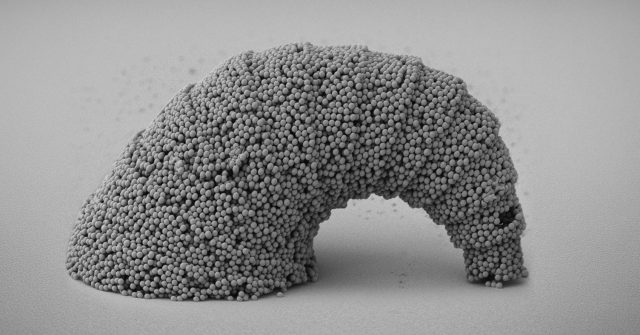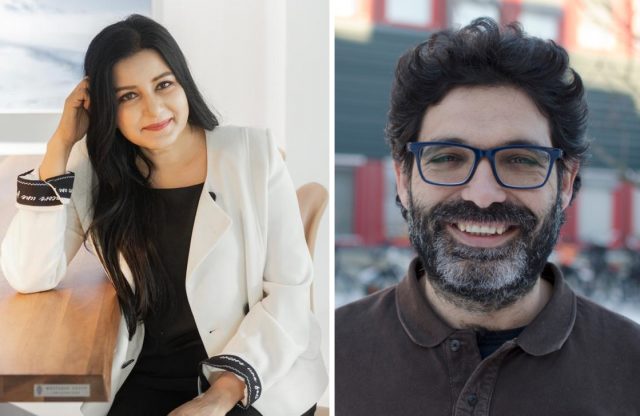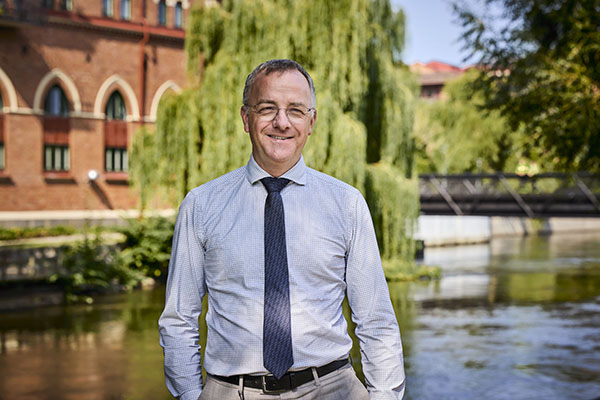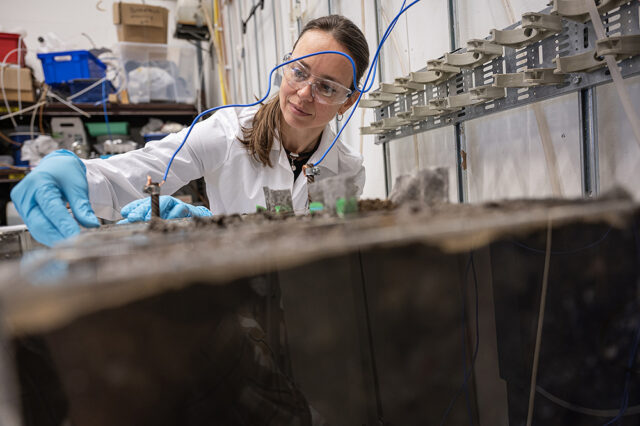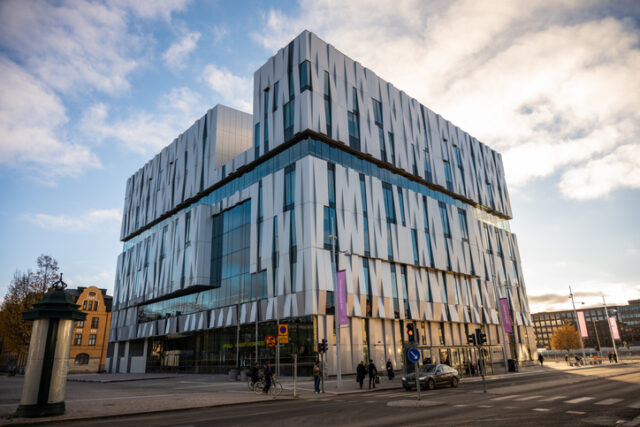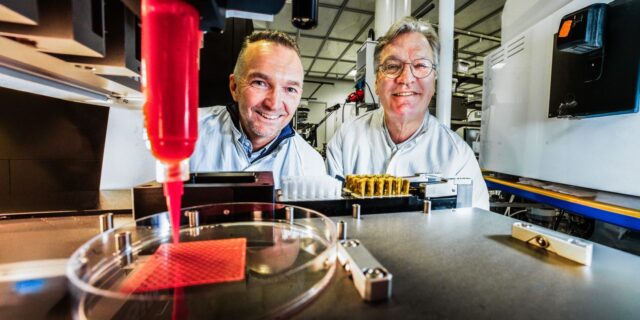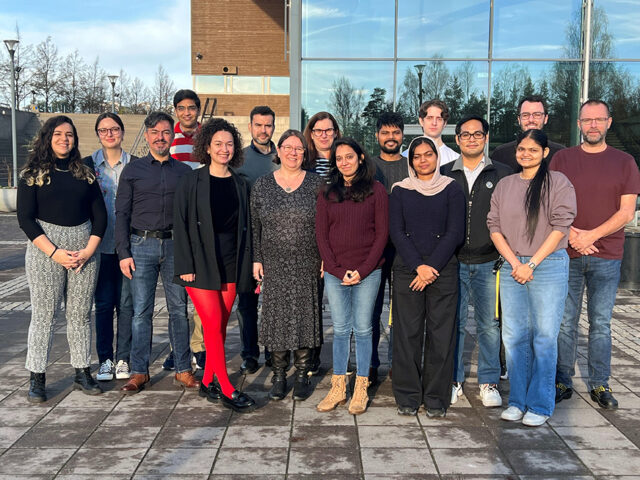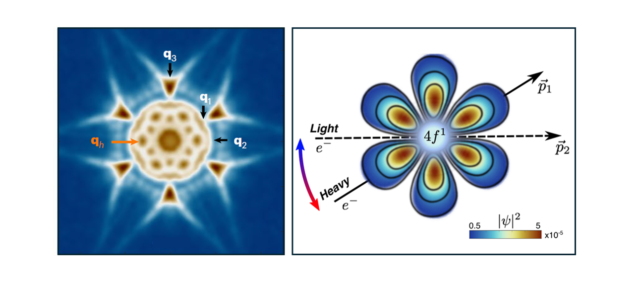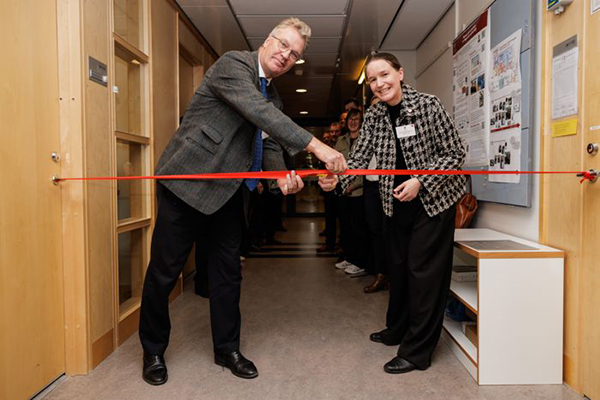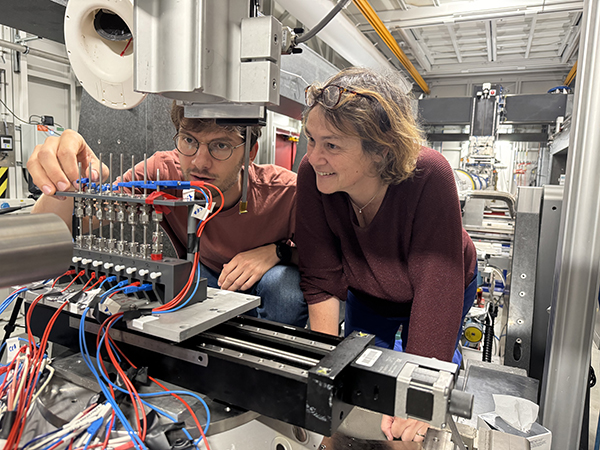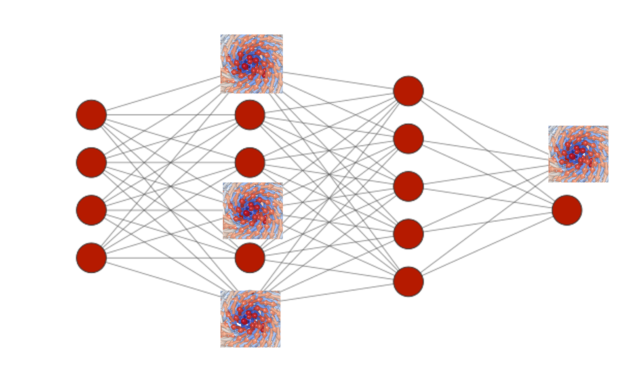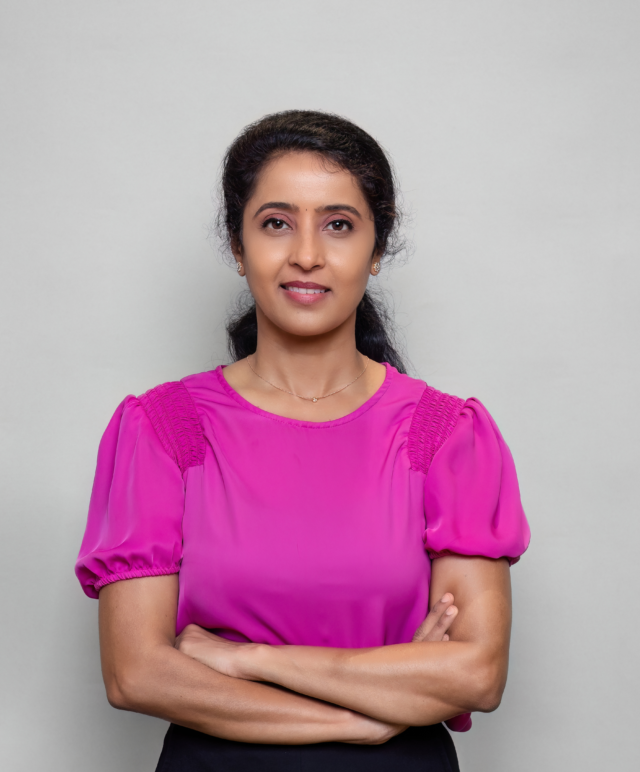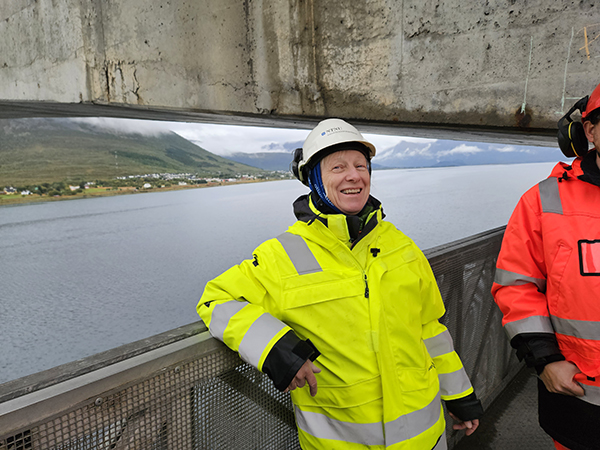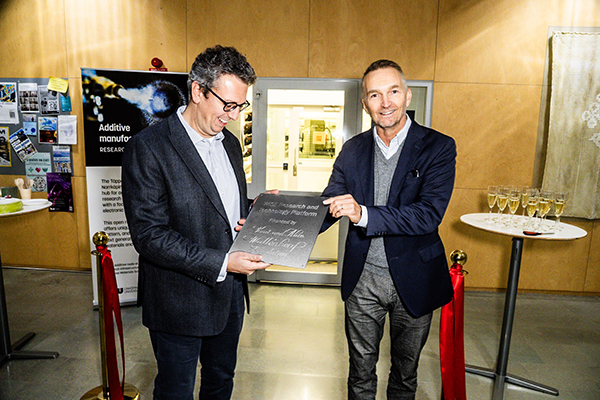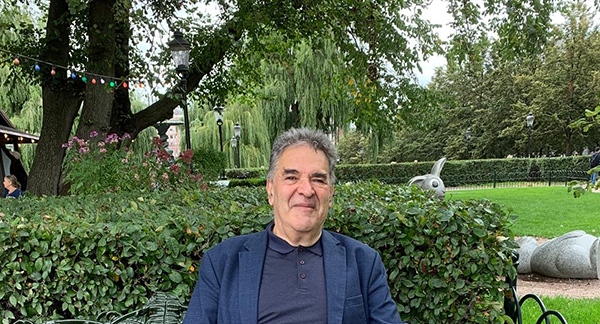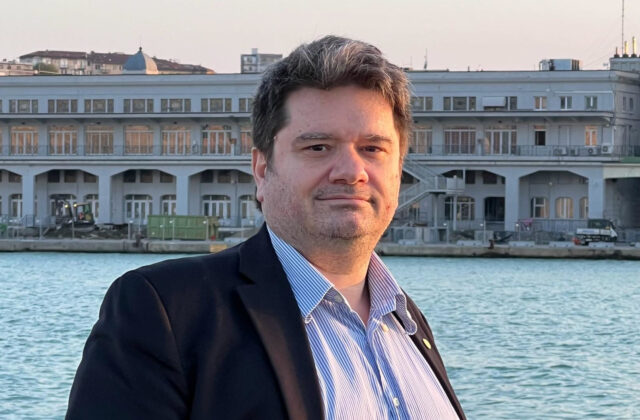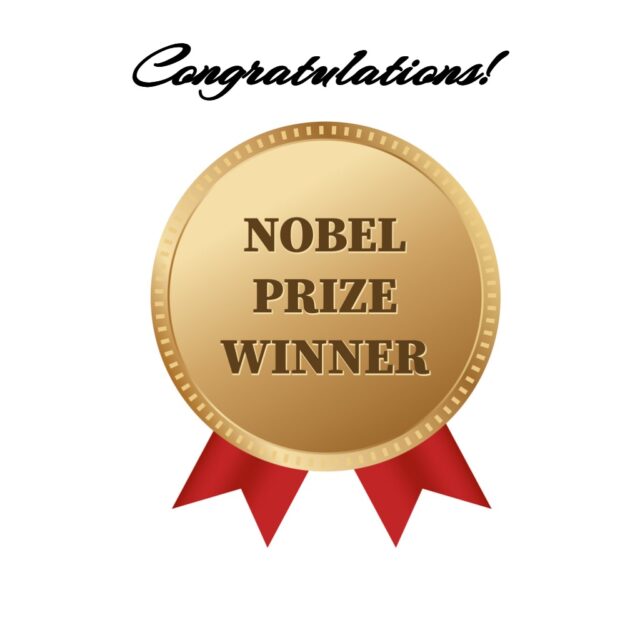The Proof of Concept grants are aimed at accelerating the journey from academic discovery to real-world application.These newly awarded PoC grants support research that addresses critical sustainability challenges through advances in materials science. Each project will receive between SEK 1 million and 4 million over a two-year period, along with coaching and commercialization support from the Wallenberg Launch Pad (WALP).
The initiative is designed to bridge the gap between academic research and market-ready innovations, helping researchers transform early-stage ideas into validated products, methods, or processes with commercial potential.
“Advanced materials are a key to reach a sustainable society. To boost the implementation and deployment of new materials for a circular economy and crucial energy technologies, it is important that research results are translated into innovations that enable fast upscaling to make impact. The granted KAW-PoC projects provide a fast and significant route towards sustainability,” says Magnus Berggren.
Since the first PoC grants were awarded in 2017, a total of 115 projects have received funding. This is the first time the call has focused specifically on materials science for sustainability. A second call is scheduled to open on September 1, with an application deadline of October 15, 2025.
Proof-of-concept grants make it possible for research funded by the Foundation to also lead to innovations and jobs by bridging the gap between academic research and the possibility of commercialization. This is also fully in line with the Foundation’s purpose of being beneficial to Sweden. The grants are awarded to the researcher’s host university and must comply with the university’s regulations,” says Sara Mazur, Executive Director, Knut and Alice Wallenberg
Awarded Proof-of-Concept grants in the 2024 call
- Vladimir Krasnov, Stockholm University: A paradigm shift from Semi – to Super–conductors for a next generation of classical supercomputers
- Erica Zeglio, Stockholm University: Hybrid systems for e-methanol production from CO2
- Levente Vitos, KTH Royal Institute of Technology: Quantum-Mechanical Alloy Software for materials engineers (QMAS)
- Ulrica Edlund, KTH Royal Institute of Technology: Multifunctional bio-composite for broad spectrum water purification
- Martin Lawoko, KTH Royal Institute of Technology: DESIRABLE- Design for Recyclable Thermosets based entirely on Renewable feedstock
- Klas Tybrandt, Linköping University: AuNano inks for transparent flexible printed electronics
- Mark Rutland, KTH Royal Institute of Technology: Fluorine Free Supercapacitors
- Eva Malmström Jonsson, KTH Royal Institute of Technology: Innovative biobased wood adhesives
- Aman Russom, KTH Royal Institute of Technology: Sustainable Lab-on-a-Chip Manufacturing with Glass 3D Printing
Researchers have expressed their appreciation for the support, emphasizing the vital role the grants play in moving beyond the lab and into real-world applications.
”We are very excited and grateful for the grant which will allow us to mature our nanomaterial technology towards commercialization. We will now address challenges in up-scaling of the synthesis and the development of high-performance demonstrators, which will be crucial for approaching future customers within the printed sustainable electronics segment,” says Klas Tybrandt, Professor of Material Science at Linköping University.
“We are honored and grateful to receive this support, which helps advance sustainable innovation. The proof-of-concept funding allows us to accelerate the development of biobased wood adhesives that reduce reliance on fossil-derived materials, valorize underutilized industrial sidestreams, and enable more efficient use of wood resources – thereby promoting the transition to a circular economy,” says Eva Malmström Jonsson, Professor Coating Technology at KTH, Royal Institute of Technology.
For more information about upcoming calls and application procedures, visit the Knut and Alice Wallenberg Foundation website

